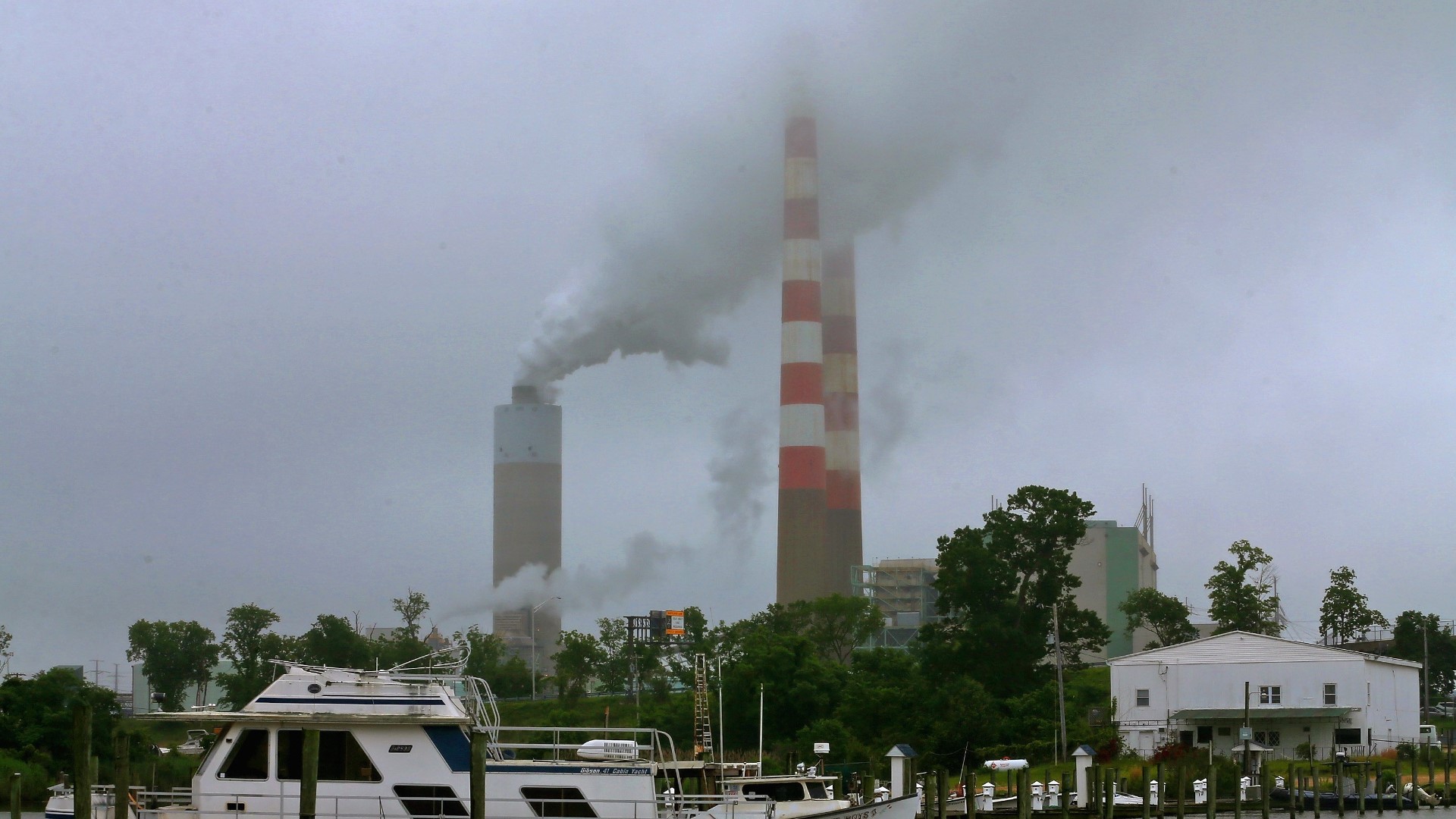HARRISBURG, Pa. — The Pennsylvania Supreme Court heard oral arguments on May 24 on a lower court’s injunction stopping the Regional Greenhouse Gas Initiative (RGGI) from taking effect.
RGGI is a multi-state effort to bring down carbon emissions. Eleven states comprising all of New England and some of the Mid-Atlantic already participate. If Pennsylvania joined, it would be the first major fossil fuel-producing state to adopt cap-and-trade carbon pricing.
States participating in RGGI set a cap for the total amount of carbon dioxide emissions that power plants can emit. Credits for emissions are auctioned off to power companies at quarterly auctions.
In Pennsylvania’s proposed plan, the money raised from auctions would go to state programs supporting energy efficiency, renewable energy and greenhouse gas abatement.
Republicans, fossil fuel interests and trade unions have opposed RGGI, arguing it would drive up electric bills and drive energy companies to non-participating states. One estimate by conservative think tank Caesar Rodney Institute found the proposal could result in 22,000 lost jobs and a total loss to the economy as high as $7.7 billion a year.
Democrats, independent researchers and environmental groups that support RGGI point to studies that show states in RGGI have seen large decreases in carbon emissions and net positive economic impact.
“These are market forces that are already changing Pennsylvania’s energy economy, so participating in RGGI, doing this the right way, and investing any proceeds into the Clean Air Fund will ultimately help Pennsylvanian jobs and the air that we breathe,” said Katie Blume, political and legislative director of Conservation Voters of Pennsylvania.
In 2019, Republican lawmakers blocked legislation to join the consortium. In 2021, the state Department of Environmental Protection under the administration of Gov. Tom Wolf joined the program without legislative approval.
The action soon met legal challenges from Republican lawmakers and energy production groups. The Commonwealth Court, an appellate court in Pennsylvania, issued an order in July 2022 to block the state from enacting RGGI regulations until the court ruled on its constitutionality.
The main issue before the Supreme Court on May 24 was not whether RGGI is a good policy, but rather who has the authority to approve it. Ultimately, that depends on whether the proceeds from carbon auctions, estimated to come in at about $663 million a year, are an administrative fee or a tax on energy producers.
The DEP is authorized to administer fees to pay for programs it oversees, but a tax requires legislative approval from the General Assembly.
The Commonwealth’s Court ruled the proceeds likely were a tax, and during oral argument before the Supreme Court, at least one justice said she saw them as a tax.
Attorneys for the Republican senators who brought the case argued if the funds amount to a tax, RGGI, therefore, can’t go into effect.
"When one branch of the government exercises authority that is exclusively reserved to another branch, that is harmful to the branch that has the authority,” said Attorney Brigid Khuri of the law firm McNees Wallace & Nurick during oral arguments.
Attorneys for DEP and environmental groups said no matter how the justices rule, it will help RGGI advocates find the right venue to push for the program.
“I think the justices had a lot of really hard questions. I think they’re really engaging with the Environmental Rights Amendment and how it plays into this case overall as well as into environmental cases in general. I think that’s a good thing,” said Jessica O’Neill, senior attorney for Citizens for Pennsylvania’s Future.

